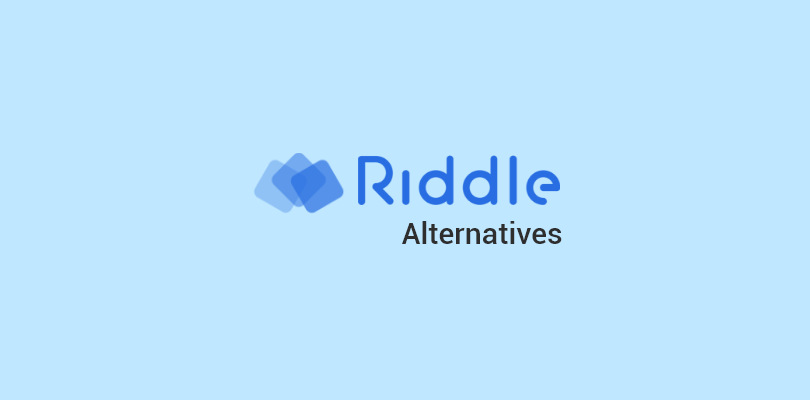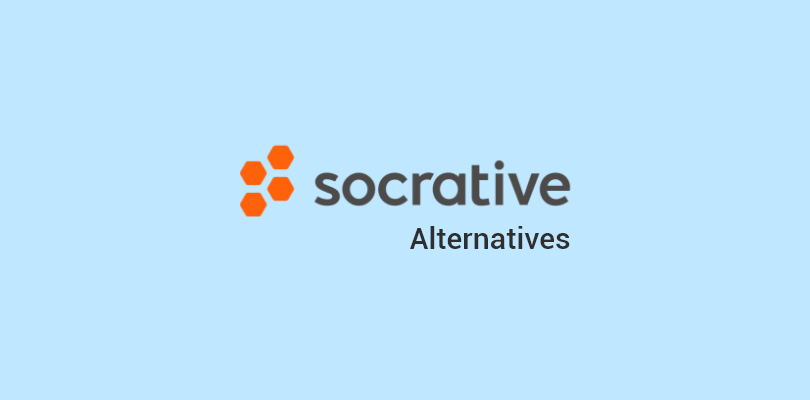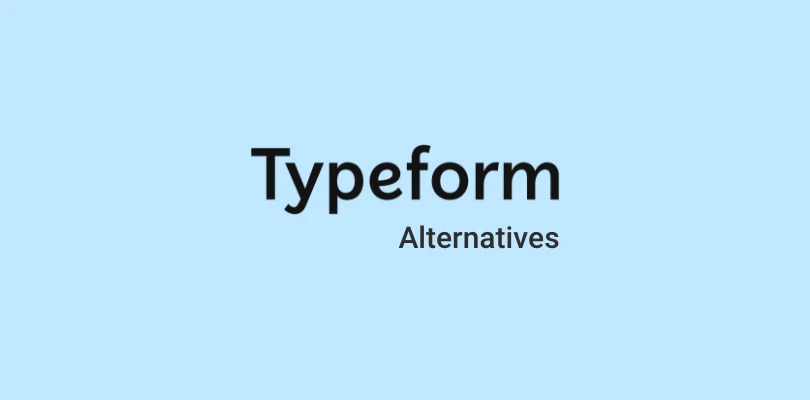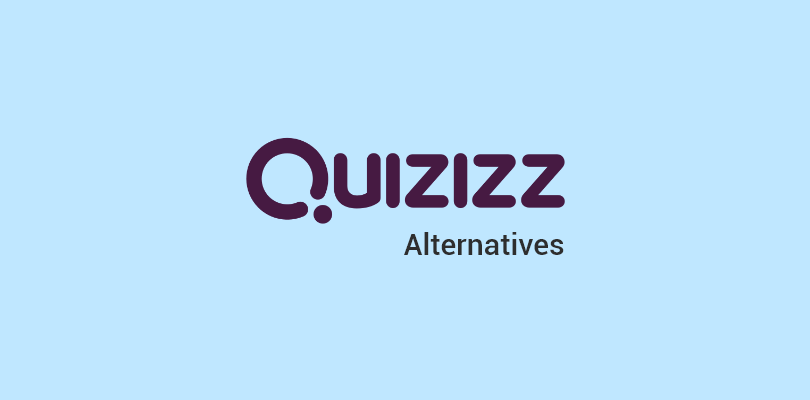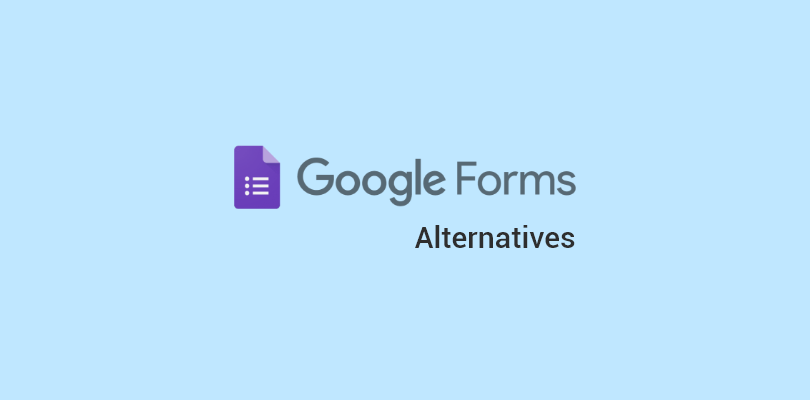Quizlet has been a go-to for flashcards and study sets, but I’ve seen more and more teachers and trainers outgrowing it and searching for Quizlet alternatives. The platform is simple, yes, but not everyone finds flashcards enough when they’re trying to run full lessons, track progress, or create secure assessments.
People today aren’t just asking how to get the most out of Quizlet—they’re asking what can replace it. That shift says a lot. It’s less about leaving a tool behind and more about finding one that fits different goals, from collaborative classrooms to corporate training.
This guide is my take on the best Quizlet alternatives in 2026, shaped by research, hands-on testing, and the voices of educators and trainers who are already using these tools.
Why Look Beyond Quizlet?
Quizlet is familiar and easy to start with, but its design choices make it less effective once you move beyond basic study sets. The issues show up most clearly when teachers and trainers try to run full lessons or structured assessments.
- Restricted free plan: Ads clutter the free version, and features like offline study or detailed progress tracking are locked behind subscriptions.
- Limited learning modes: Flashcards and simple repetition work for memorization, but they don’t support collaborative work, differentiated pacing, or creative assessment formats.
- No exam security: Features such as browser lockdown, randomization, or proctoring aren’t available, which makes it unsuitable for compliance testing or professional exams.
- Thin reporting: Performance insights stop at correct versus incorrect answers, without the deeper analytics needed to spot trends or learning gaps.
- Engagement challenges: Educators often report that students lose interest in flashcard drills over time, especially in group learning contexts.
For casual review, Quizlet can be useful. For classrooms, training, or any situation that demands variety, security, or rich feedback, alternatives are better equipped to deliver.
List of Best Quizlet Alternatives in 2026
The best Quizlet alternatives don’t just replicate flashcards—they expand what’s possible with quizzes, study modes, and assessments. Some focus on collaborative classroom learning, others on secure testing or gamified engagement. Here’s a closer look at the online test makers worth considering.
Quizlet Alternatives at a Glance
| Tool | Best For | Pricing & Free Plan |
|---|---|---|
| ProProfs Quiz Maker | AI-powered exams and secure assessments | Free for short quizzes with essential features; paid plans start at $19.99/month |
| Anki | Spaced repetition and flashcard mastery | Free on most platforms; $25 one-time fee for iOS version |
| Brainscape | Structured flashcards with cognitive science backing | Free basic plan; pro plan starts at $7.99/month |
| Knowt | AI-driven flashcard & quiz creation | Free plan available; premium plan available at $19.99/month or $120/year. |
| Wayground (formerly Quizizz) | Student-paced quizzes and homework | Free core features; starts at $75 for enterprises |
| Quizgecko | AI-based question generation and formative assessment | Free basic functionality; paid plan from $6/month |
| Kahoot! | Gamified learning and live quizzes | Free basic plan; paid plans from $7.99/host/month or more depending on audience size/customization |
| MentalUP | K-12 cognitive skill and brain-training quizzes | Free plan with access to many games; premium plan starts at $19.99 for 3 months |
1. ProProfs Quiz Maker – Best for AI-Powered Exams and Secure Assessments
We rely on ProProfs Quiz Maker for a variety of needs, from onboarding new hires to compliance training and refresher assessments across teams. What makes it stand out to me is how flexible it is. On days when I need something quick, the AI quiz generator delivers a polished quiz in seconds. When I want something more detailed, I can explore a library of 100,000+ expert-designed tests and over a million ready-to-use questions.
This Quizlet alternative also offers more than 20 interactive formats, including drag-and-drop, hotspot, audio, and video questions, so assessments never feel repetitive. Built-in grading and instant feedback make it easier to measure progress, and detailed reporting gives visibility into class, group, or individual performance.
Another strength is its enterprise readiness. ProProfs supports features like browser lockdown, question randomization, and automated proctoring, which ensure integrity in high-stakes exams. For me, it’s a platform that balances speed, depth, and security.
Pros:
- AI quiz generator creates quizzes in seconds
- 100,000+ templates and 1M+ ready-to-use questions
- 20+ question formats, including drag-and-drop, hotspot, and multimedia
- Automated grading with instant feedback
- Detailed reports at class, group, or individual level
- Security settings: randomization, browser lockdown, and proctoring
Cons:
- No dark mode on the web platform
- Free plan works best for short quizzes
How ProProfs Quiz Maker Compares to Quizlet
Where Quizlet focuses on study sets, ProProfs Quiz Maker goes further with exam-level capabilities. Features like AI quiz generation, randomized questions, and automated proctoring put it in a different category—suited for formal testing as much as casual practice.
Pricing & Free Plan
Free for short quizzes with all essential features. Paid plans start at $19.99/month for longer assessments and advanced security.
G2 Rating: 4.4/5
“My Moodle Quizzes crashed, and I could not fix them, so I was THRILLED to discover this site. It is so easy to make fantastic quizzes, and the feedback that an instructor can glean from the site is really impressive.” – Adria T., G2
2. Anki – Best for Spaced Repetition and Flashcard Mastery
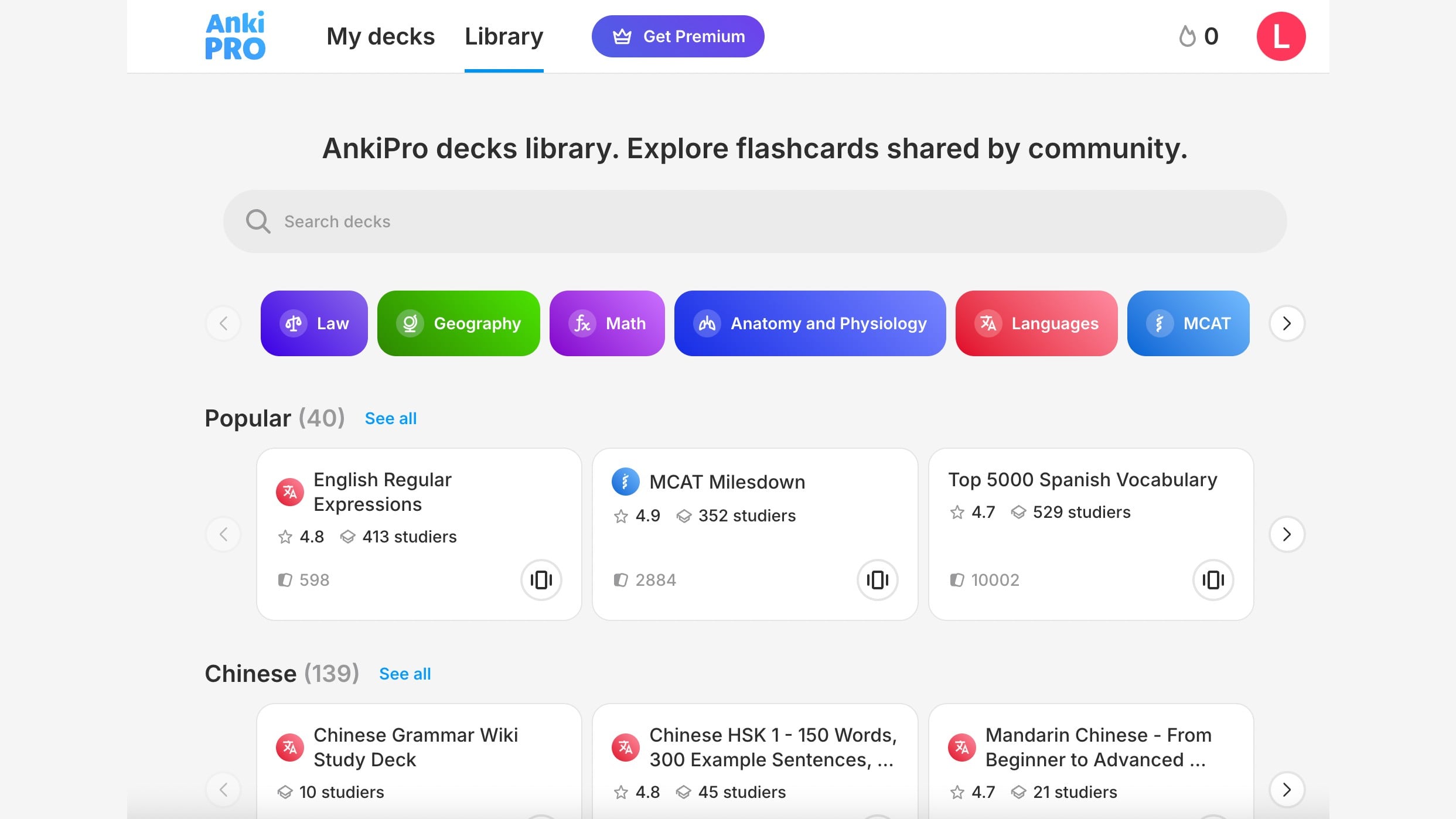
Image source: lifehacker.com
I tried Anki to see how its spaced repetition actually works, and the scheduling system immediately stood out. Instead of presenting flashcards in a fixed order, the algorithm adjusted review times based on performance, which made the learning process feel more structured than random drilling.
This Quizlet Learn alternative is open-source and flexible. Flashcards can include text, audio, images, or even LaTeX for technical content. Add-ons from the Anki community extend features further, whether it’s advanced progress tracking or design customization. It runs across Windows, macOS, Linux, Android, and iOS, with syncing via AnkiWeb to keep everything aligned across devices.
It does take some time to get comfortable with it, but once set up, it’s clear why Anki is widely regarded as one of the strongest spaced repetition systems available.
Pros:
- Free and open-source on most platforms
- Spaced repetition system optimizes long-term memory retention
- Supports multimedia and LaTeX for versatile flashcards
- Community add-ons enable deeper customization
- Works across devices with AnkiWeb syncing
Cons:
- iOS version costs $25 as a one-time purchase, unlike the free versions on other platforms
- The interface feels dated and can discourage new users before they see its benefits
How Anki Compares to Quizlet
Quizlet helps learners get started quickly, but Anki emphasizes mastery through its spaced repetition algorithm. The difference is longevity: Anki builds durable knowledge over months or years, whereas Quizlet centers on short-term review.
Pricing & Free Plan
Free on Windows, macOS, Linux, and Android. iOS app requires a one-time payment of $25.
G2 Rating: 4.6/5
“Easy to make custom and interactive flashcards for studying. You can even add images or audio to the flashcards. This aids with studying things like language where pronunciation is important.” – Kristyn V., G2
3. Brainscape – Best for Structured Flashcards With Cognitive Science Backing
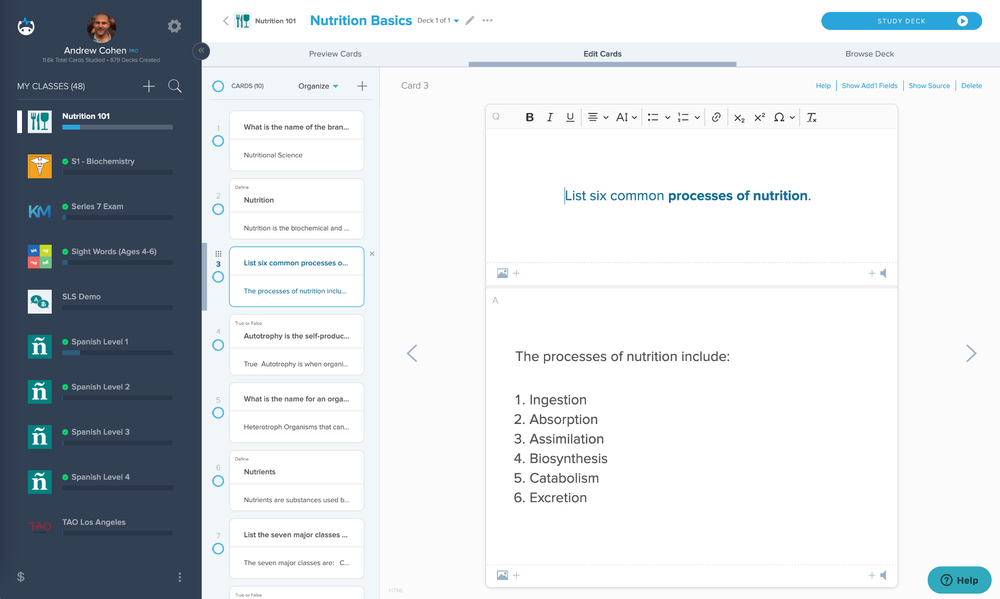
Image source: Brainscape
When I tested Brainscape, the clean and modern interface immediately stood out compared to many other flashcard tools. Creating decks was simple, and the confidence-based rating system was an interesting twist — after each flashcard, I rated how well I knew the answer, and the system adapted the repetition schedule based on that feedback.
The platform leans heavily on cognitive science principles to optimize retention. It works on web and mobile, syncing progress across devices, which made it easy for me to jump between desktop and phone. Beyond personal use, I noticed Brainscape supports class sharing, collaborative decks, and enterprise licensing for larger groups, making it useful for education as well as training contexts.
Brainscape isn’t open-ended in the way Anki is, but it makes up for it with a polished experience and a shorter learning curve.
Pros:
- Confidence-based repetition system tailored to each learner
- Clean, intuitive interface with a quick setup
- Syncs seamlessly across devices
- Large library of shared flashcards created by the community
- Collaboration features for classes and enterprise groups
Cons:
- Limited offline functionality unless using the paid plan
- Some users find the confidence-rating workflow repetitive over time
How Brainscape Compares to Quizlet
Brainscape adapts review frequency based on confidence ratings, something Quizlet doesn’t replicate. Instead of focusing on variety or gamification, Brainscape leans on a consistent, science-backed structure that appeals to those who want predictability in retention.
Pricing & Free Plan
Free basic plan with limited access. Pro plan starts at around $7.99/month. Enterprise and group pricing available on request.
G2 Rating: 4.6/5
“Students take responsibility for their own learning at a time that suits them. No pressure of getting things wrong on the path to improvement.” – Chris T., G2
4. Knowt – Best for AI-Driven Flashcard & Quiz Creation
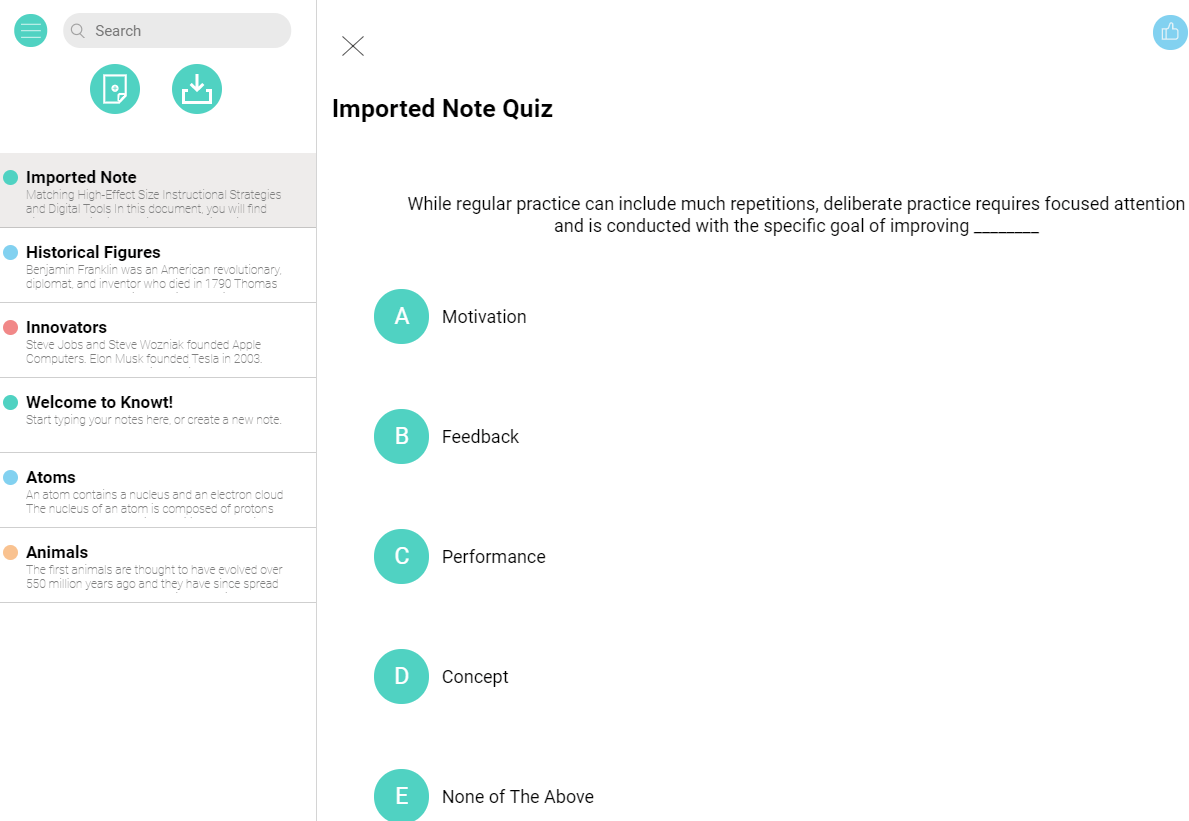
Image source: blog.tcea.org
Exploring Knowt, what caught my attention first was its ability to pull flashcards and quizzes directly from existing notes or uploaded study materials. Instead of building everything from scratch, I could drop in content and watch the platform generate usable practice material in seconds.
The tool goes beyond static flashcards by combining multiple study modes — quizzes, spaced repetition, and practice tests. I also found its integration with Google Docs and PDFs practical, especially for quickly turning lecture notes or longer documents into interactive study aids. The interface is lightweight and easy to navigate, which makes experimenting with different formats straightforward.
It’s clear that this free Quizlet alternative is aiming to reduce prep time for teachers and trainers while giving students multiple ways to engage with the same material.
Pros:
- AI automatically generates flashcards and quizzes from uploaded notes or documents
- Multiple study modes, including quizzes, spaced repetition, and practice tests
- Integrates with Google Docs, PDFs, and other content sources
- Clean, easy-to-navigate interface
Cons:
- Limited collaboration features compared to other platforms
- Reports and analytics aren’t as detailed as assessment-focused tools
How Knowt Compares to Quizlet
Knowt reduces prep time by auto-generating flashcards and quizzes directly from uploaded notes or documents. That automation fills a gap for users who find Quizlet’s manual setup too time-consuming.
Pricing & Free Plan
The free account includes core study modes. Premium plan at $19.99/month or $120/year.
“For objective understanding and recall of fact-based material, Knowt can be a useful study tool for students and a time-saver for teachers.” – Marianne R., Common Sense Education
5. Wayground (Formerly Quizizz) – Best for Student-Paced Quizzes and Homework
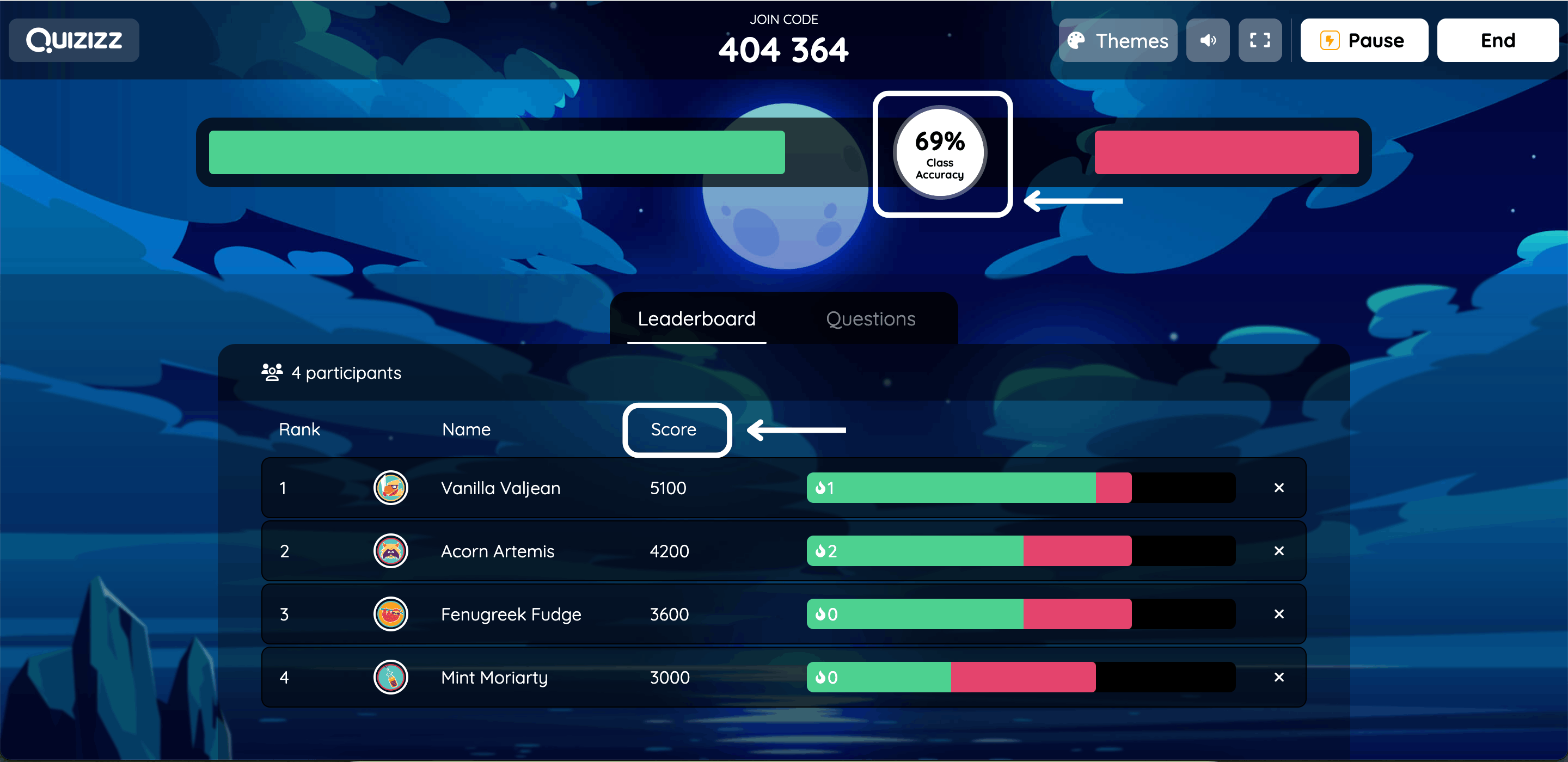
Image source: Wayground
One of the most distinctive aspects of Wayground is how it lets learners work at their own pace instead of racing against a countdown clock. When I tried it, the calm pacing stood out as a refreshing contrast to fast, competitive quiz formats.
The platform comes with millions of community-created activities that cover a broad range of subjects and grade levels. I could either start from scratch or adapt existing quizzes, which made setup efficient. The question formats extend beyond multiple choice to include polls, open-ended responses, and fill-in-the-blank options, adding variety to practice.
Assignments can be shared as homework or used live in class, and the analytics dashboard breaks down performance by question and learner. That level of detail makes it easier for educators to identify gaps instead of just tracking who scored highest, making it one of the best free alternatives to Quizlet.
Pros:
- Student-paced mode reduces time pressure
- Millions of teacher-created quizzes across grade levels
- Variety of question formats beyond multiple choice
- Supports both live quizzes and homework assignments
- Item-level performance insights for deeper analysis
Cons:
- Interface can feel busy, especially for new users
- Some advanced features and participant limits require higher-tier plans
How Wayground Compares to Quizlet
Wayground allows both live and homework assignments with detailed, question-level reporting. Quizlet doesn’t offer the same classroom management flexibility, making Wayground a stronger choice for teachers who need insight into where students struggle.
Pricing & Free Plan
The free plan includes core features. Paid tiers for schools, districts, and businesses are available, with pricing for enterprise use starting at $75.
G2 Rating: 4.9/5
“I love how varied the quizzes are and how they encourage students to continue to answer. I also love how you can assign a quiz for homework, which integrates with Google Classroom if needed.” – Becky H., G2
6. Quizgecko — Best for AI-Based Question Generation and Formative Assessment
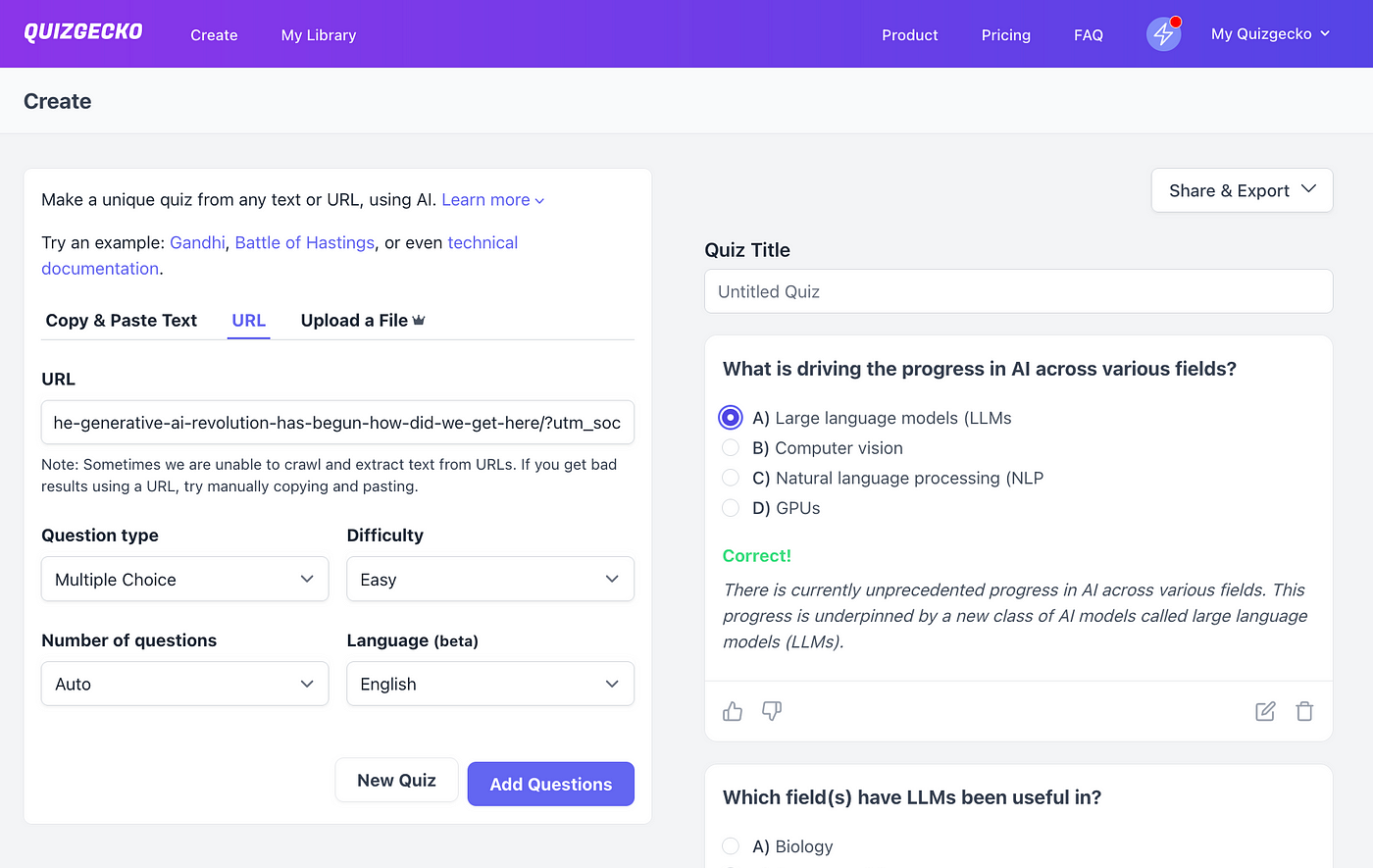
Image source: academichelp.net
Quizgecko builds quizzes automatically from source material. You can paste text, upload a file, or provide a webpage link, and the platform generates questions in formats like multiple choice, true/false, and short answer. When I tested it with a policy document, it created a quiz draft in less than a minute, which was much faster than starting manually.
Editing is straightforward. The system lets you adjust question wording, add media, randomize order, or apply timers. That combination of AI speed with manual control made it practical rather than just a novelty.
Quizgecko also emphasizes formative assessment. The reporting dashboard highlights accuracy rates, time spent, and common errors, helping teachers and trainers address misunderstandings during the learning process.
Pros:
- Generates quizzes directly from text, documents, or URLs.
- Supports a variety of question formats, including MCQs, true/false, and short answer.
- Flexible editing options for refining AI-generated items.
- Randomization, timers, and customization make quizzes adaptable for classrooms or training.
- Provides detailed reports with accuracy rates, time spent, and error analysis.
Cons:
- AI drafts sometimes include awkward or overly simple questions.
- Limited branding and design customization compared to larger platforms.
How Quizgecko Compares to Quizlet
Instead of building flashcards from scratch, Quizgecko creates quizzes directly from text or documents using AI. It also highlights patterns in learner mistakes, an area where Quizlet’s reporting remains surface-level.
Pricing & Free Plan
A free plan offers limited quiz generation. Paid plans begin at about $6/month with expanded features.
Trustpilot Rating: 4.6/5
“If you’re interested in experimenting with effective learning techniques, I’ve personally found Quizgecko to be the most comprehensive tool utilizing AI.” – Jacob O., Trustpilot
7. Kahoot! — Best for Gamified Learning and Live Quizzes
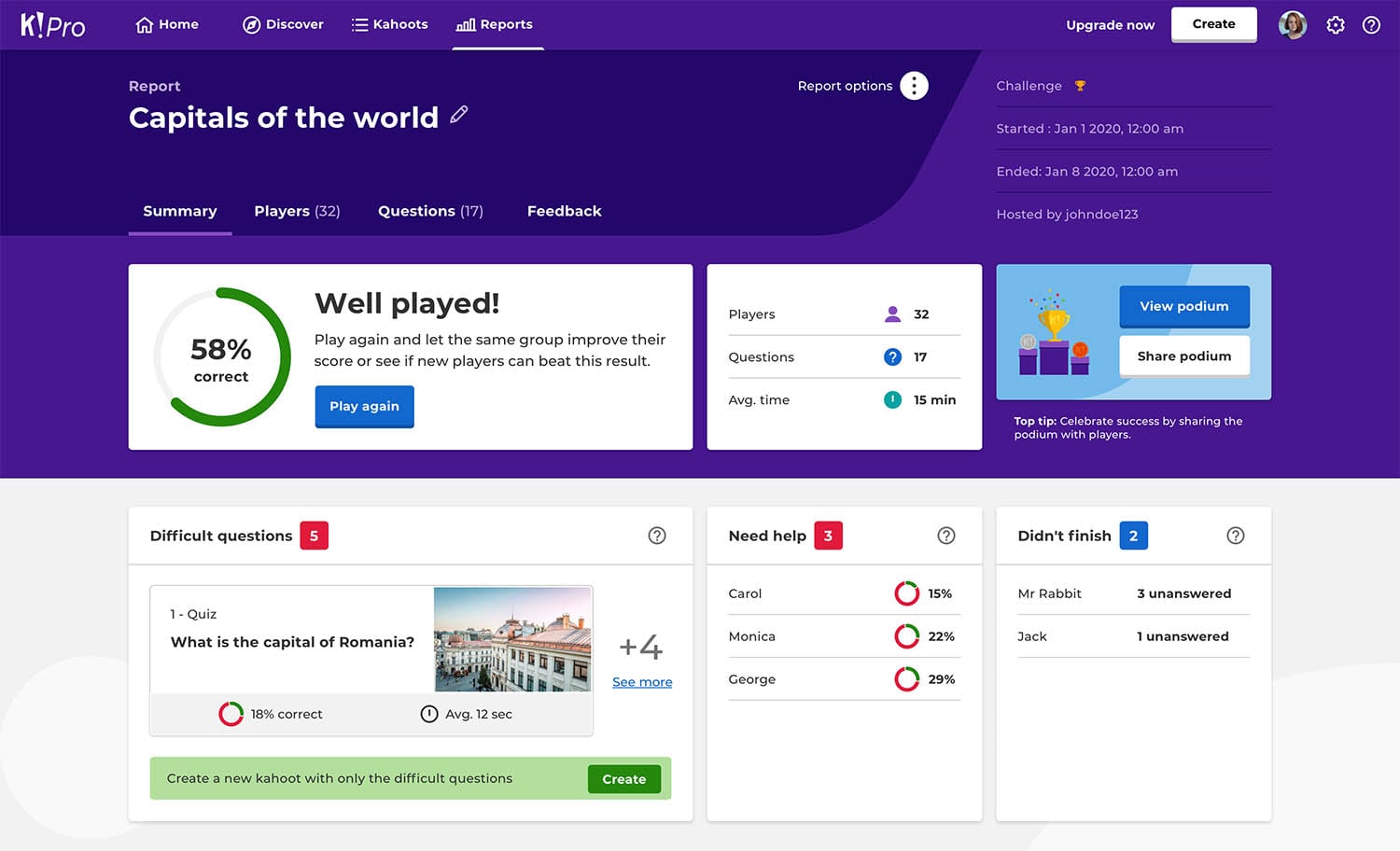
Image source: xavier.edu
Kahoot! remains one of the most recognizable names in quiz-based learning. Instead of focusing on flashcards or assignments, it creates live, game-like sessions that mix competition with group participation. When I tried it during a workshop, the leaderboards and music created an atmosphere closer to a game show than a typical assessment.
This Quizlet alternative supports multiple question formats such as multiple choice, true/false, polls, puzzles, and word clouds. It also has a large community library with millions of ready-made quizzes across subjects. For schools and businesses, customization options extend to branding and themed templates.
Assignments can be run asynchronously, but Kahoot! is at its strongest in real-time, group environments where energy and interaction matter most.
Pros:
- Live gameplay with timers, music, and leaderboards for engagement.
- Large library of community-created quizzes.
- Supports diverse question types, including polls, puzzles, and word clouds.
- Assignable challenges for homework or self-paced study.
- Accessible in over 60 languages with text-to-speech and auto-translate options.
Cons:
- The free version limits participant numbers in larger groups.
- Reports focus mainly on scores, offering less detail for long-term tracking.
How Kahoot! Compares to Quizlet
Kahoot! thrives in real-time, group settings where energy and interaction are the goal. That’s a different experience than Quizlet’s self-study focus, giving Kahoot! the edge for live engagement.
Pricing & Free Plan
Free plan available with basic functionality. Paid plans begin from $7.99/host/month, with features scaling by audience size and customization needs.
G2 Rating: 4.6/5
“It’s a great way to review concepts covered during instruction/training. It is easy for teachers/trainers to create a Kahoot! and students/trainees can easily access it from any web device.” – Mandy L., G2
8. MentalUP — Best for K–12 Cognitive Skill and Brain-Training Quizzes
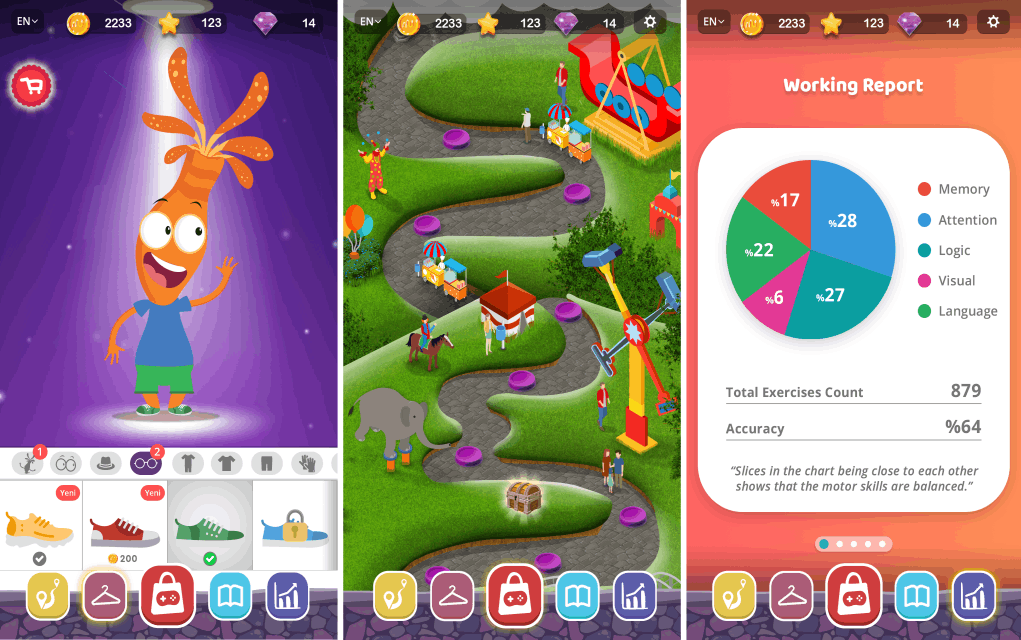
Image source: mykidstime.com
MentalUP positions itself less as a traditional quiz platform and more as a brain-training and cognitive development app. When I explored it, the focus was on games that strengthen memory, logic, visual processing, and attention skills rather than curriculum-style quizzes. That different angle makes it appealing for schools and parents looking to supplement academic work with mental fitness activities.
The app includes hundreds of interactive exercises categorized by skill area and age group. Progress reports track how students are developing over time, with comparisons available across peers or national averages. Teachers and parents can assign exercises and monitor outcomes through dashboards designed for both classroom and home use.
Pros:
- Offers a wide variety of cognitive skill games beyond academic quizzes.
- Tailors content to different age groups and tracks developmental progress.
- Provides detailed performance analytics, including peer benchmarks.
- Can be used both in classrooms and at home, supporting flexible learning contexts.
Cons:
- Focused mainly on cognitive training, so less useful for subject-specific testing.
- Some games may feel repetitive for older students who want more variety.
How MentalUP Compares to Quizlet
MentalUP isn’t about subject recall—it’s about strengthening skills like memory, logic, and attention. By focusing on cognitive development rather than course content, it offers something Quizlet doesn’t try to provide.
Pricing & Free Plan
Free plan available with access to many games. Premium plan, starting at $19.99 for 3 months, removes ads, unlocks all exercises, and adds performance tracking.
How to Choose a Quizlet Alternative
When comparing Quizlet alternatives, it helps to focus on the criteria that determine whether a platform will scale beyond quick study sessions. Insights from user reviews on sites like G2 show that the most successful picks balance speed, engagement, and long-term reliability.
1. Ease of Creation:
Platforms that include templates, question libraries, or AI generation cut down on prep time. ProProfs Quiz Maker, for example, can build a polished quiz in seconds.
2. Variety of Question Types:
Limiting quizzes to flashcards or multiple choice narrows learning impact. Look for formats such as drag-and-drop, hotspot, open-ended, and multimedia support to match diverse teaching needs.
3. Analytics and Reporting:
Strong alternatives give more than just scores. Item-level analysis and progress reports reveal gaps that flashcards alone can’t uncover.
4. Engagement Features:
Some tools focus on gamified play, others on self-paced review or live presentations. Match the engagement style to your classroom or training environment.
5. Accessibility and Logistics:
Consider whether participants can join easily through codes, mobile access, or LMS integrations. Teachers in reviews often highlight that frictionless access drives adoption.
6. Security and Integrity:
For higher-stakes assessments, features like randomization, timers, and browser lockdown prevent shortcuts and protect credibility.
Testing a platform with a small quiz before rolling it out broadly is often the simplest way to confirm whether it delivers the balance of ease, depth, and engagement you need.
My Top 3 Picks for Quizlet Alternatives
After testing and comparing all these tools, three stand out as the strongest alternatives to Quizlet—each excelling in a different way.
1. ProProfs Quiz Maker — Best for Secure and AI-Powered Assessments
ProProfs Quiz Maker brings more to the table than just flashcards. Its AI quiz generator, extensive template library, and 20+ interactive question types make it a reliable quiz maker for teachers and businesses. With built-in security settings like browser lockdown and automated proctoring, it’s a strong fit for anyone who needs professional-grade assessments.
2. Anki — Best for Long-Term Knowledge Retention
Anki’s spaced repetition system makes it ideal for learners who want to build lasting mastery over time. Its open-source flexibility and multimedia support allow for deep customization, making it a top choice for structured, memory-based study.
3. Wayground (formerly Quizizz) — Best for Student-Paced Learning
Wayground lets students learn at their own pace through homework assignments and detailed reporting. It supports multiple question types and has millions of community-created activities, making it especially practical for classrooms that value both engagement and progress tracking.
FREE. All Features. FOREVER!
Try our Forever FREE account with all premium features!
Choose the Right Quizlet Alternative for Smarter Learning
Exploring Quizlet alternatives opens the door to tools that go beyond flashcards. Some emphasize collaboration, others bring in AI, gamification, or secure testing features. The best option depends on your goals—whether you’re running a classroom, leading training, or building structured study programs.
As you evaluate, pay close attention to how each platform handles creation speed, reporting, engagement, and accessibility. A short pilot run with your learners or team is often the best way to confirm fit. The right choice won’t just replace Quizlet—it will save you time, keep participants motivated, and deliver insights that support lasting learning.
Frequently Asked Questions
What is similar to Quizlet but free?
ProProfs Quiz Maker offers a free plan that includes most premium features, with unlimited quizzes and quiz takers for short quizzes. Anki is another favorite for spaced repetition, and Knowt is often recommended for its AI-driven flashcard generation.
Which Quizlet alternatives do teachers recommend most?
Teachers on community forums often highlight ProProfs for assessments, Anki for mastery and long-term retention, and Wayground for flexible classroom use. These tools provide the variety and depth that Quizlet’s flashcard model can’t always deliver.
How do I choose the right Quizlet alternative?
Start by clarifying your goal. For formal testing and secure assessments, ProProfs is often preferred. For memory-heavy subjects, Anki shines with its spaced repetition system. If you want collaborative, classroom-friendly options, Wayground and Classtime are commonly recommended.

 We'd love your feedback!
We'd love your feedback! Thanks for your feedback!
Thanks for your feedback!


